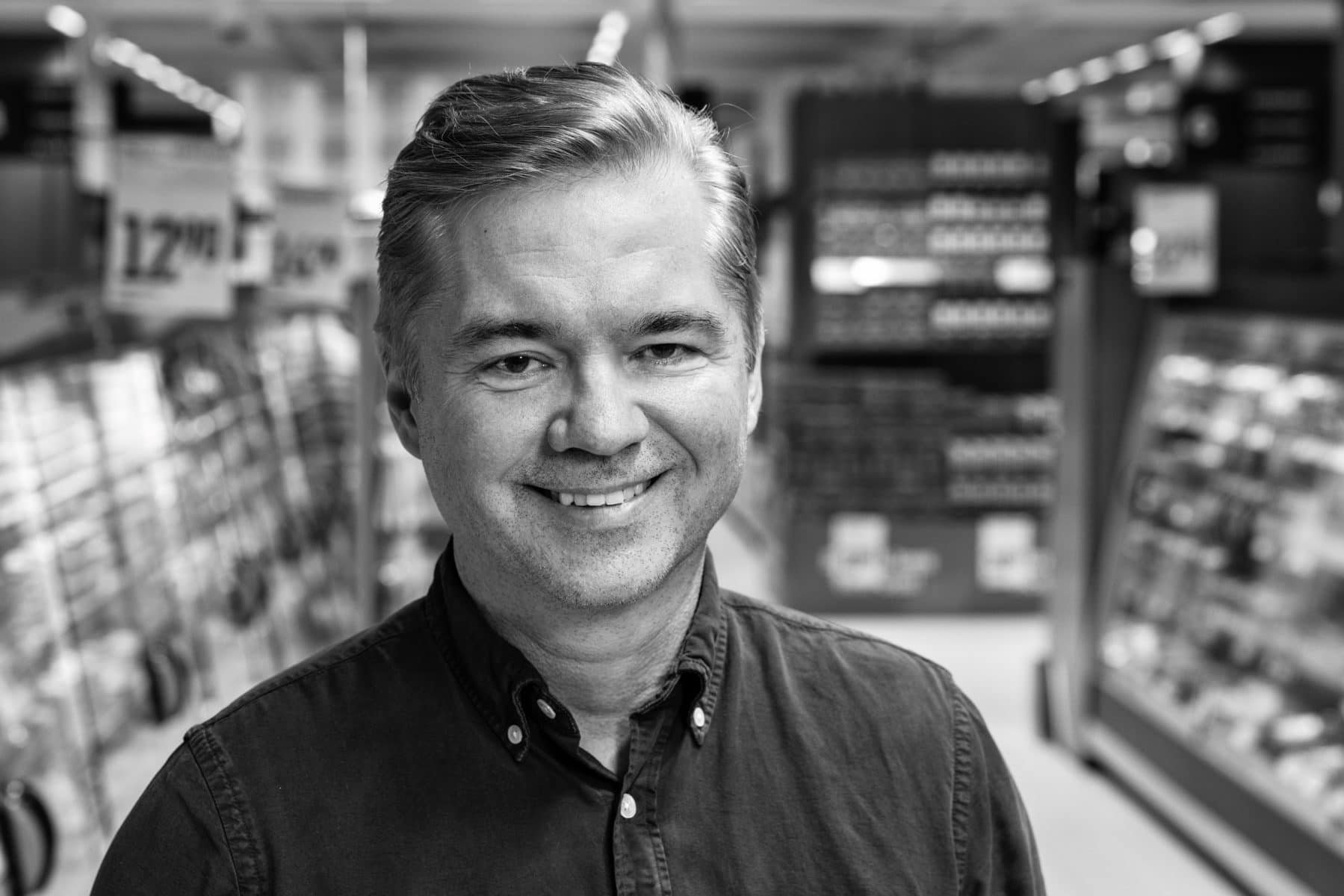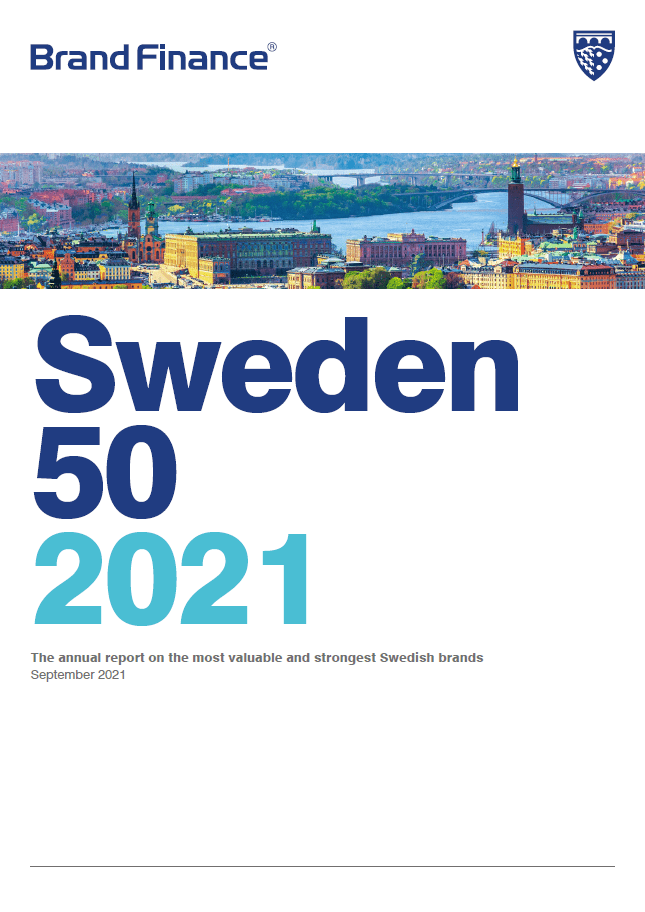Outperforming all its peers in the ranking, Willys has seen an impressive 60% increase in brand value over the past year, becoming Sweden's fastest-growing brand, according to our latest study. COVID-19 drove people to eat out less and cook more at home and with the brand ramping up its digital offering, it allowed it to capitalise on the increasing number of online customers.
Interview with Patrick Grabenbauer

Driven by the pandemic, online grocery shopping famously skyrocketed. How has Willys responded to this trend and how has it affected your ability to build a relationship with consumers?
The online shopping breakthrough experienced during spring 2020 is something few retail industries have ever experienced. In just a few months demand skyrocketed, not least among our more senior customers who had previously been more hesitant about online shopping. Ahead of the pandemic, we had already adapted our strategy in a way that made us well positioned to embrace this change. Most importantly, we had invested in click & collect and omnichannel- thinking. As a consequence we could quickly scale up and offer our new online customers a good shopping experience. All this was also thanks to an enormous effort from many employees who have worked tirelessly to take care of both new and existing customers. We have found that e-commerce is definitely a way to strengthen our customer relationships. An online shopper buys both more and more often, and thereby also spends more at Willys.
What role does sustainability play in helping Willys build its brand and what do you mean when saying that competitive prices and sustainability go hand in hand?
Sustainability is a key part of Willys brand building effort. However, it is important to emphasise that we do not believe in "greenwashing", in merely symbolic actions, but in working with sustainability issues for real and in ways that mean something to our customers. The connection between low prices and sustainability is simple: it is about handling our resources so prudently that the environment will benefit, while keeping down prices. Food waste - perhaps the biggest sustainability issue for our industry - is a perfect example. If we can reduce the amount of food thrown away, either in our stores or during the earlier stage of the production and distribution chain, we will also be able to keep costs down. Inside stores we reduce food waste through advanced systems and routines specifically developed to avoid waste. We also think innovatively about goods traditionally considered unsaleable. We have, for example, saved hundreds of tons of fruit and vegetables with small defects. Previously they had been thrown away but now they are sold cheaply in bargain baskets. Again, good both for the environment and the consumer’s wallet!
Looking forward, what dimensions and strengths of the Willys brand will contribute to long-term sustainable growth?
We start from a fundamentally strong concept including our “Sweden's cheapest grocery bag”. Low prices, a wide and attractive food range, and a positive shopping experience regardless of sales channel. Without a good fundamental idea that adds customer value a brand can never be strong. On the other hand, there are many examples of good businesses that still do not turn into strong brands. So both things are needed. Rational reasons to make customer choose you with “the brain". Emotional reasons to also make customers choose you with “the heart". Our brand strategy is central to achieving both these things and is in turn linked to our plan for long-term profitable growth.

